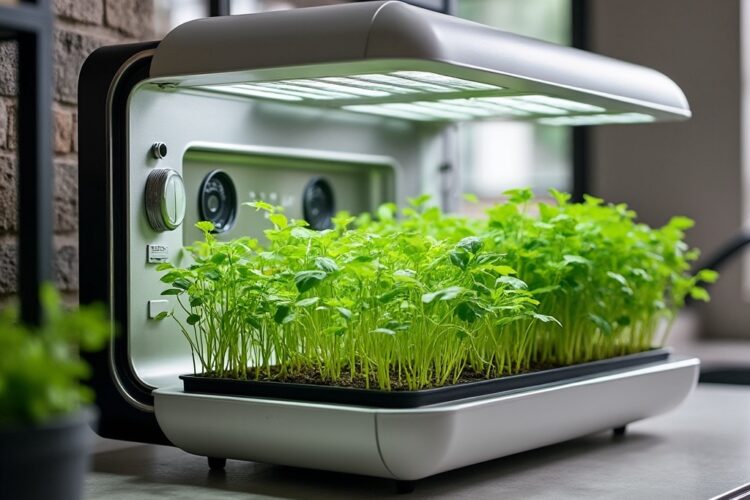Microgreens, tiny but mighty, offer a wealth of nutritional benefits and culinary versatility. From their compact size to their vibrant flavors, microgreens have captured the attention of chefs, health enthusiasts, and home gardeners alike. Let’s delve into the fascinating world of microgreens and explore their growth, flavors, and the numerous ways they enrich our plates and palates.
- Nutritional Benefits: Microgreens are densely packed with nutrients, often containing higher concentrations of vitamins, minerals, and antioxidants compared to mature plants.
- Culinary Uses: Microgreens are versatile ingredients suitable for various culinary applications, including salads, sandwiches, soups, and garnishes.
- Growing Methods: Microgreens can be cultivated using soil-based or hydroponic systems, requiring minimal space and resources.
- Flavor Profiles: Microgreens offer a diverse range of flavors, from spicy and peppery to mild and nutty, depending on the variety.
- Health Benefits: Consuming microgreens may offer various health benefits, including improved immune function, digestion, and heart health.
- Environmental Impact: Microgreens cultivation requires less water, space, and time compared to traditional farming methods, making them a more sustainable option.
- Market Trends: The demand for microgreens is increasing due to growing consumer interest in fresh, nutritious, & locally sourced produce.
- DIY Growing: Growing microgreens at home is simple & requires minimal equipment & space, allowing for a continuous supply of fresh greens.
- Culinary Trends: Microgreens have become a staple ingredient in modern cuisine, adding visual appeal & flavor complexity to dishes.
- Educational Opportunities: Microgreens cultivation provides educational opportunities for teaching about nutrition, gardening, & sustainability.
Notes:
- Rapid growth: Sprouts grow fast (2-7 days).
- Nutrient-rich: Packed with nutrients.
- Versatile: Can grow from various seeds, grains, & legumes.
- Health benefits: May aid digestion + boost immunity.
- Easy to grow: Requires minimal equipment and space.
Sprouting jars: Easy-to-use glass containers with mesh lids for home sprouting, requiring minimal maintenance. - Grow indoors: Away from elements + pollution.
- Distilled water: Best for sprouting because it’s pure, free from impurities found in tap water, ensures healthier and cleaner sprouts.
— @DoollyNoted | Things Worth Noting ✏️
microgreens | homegrown | diy | food | grow yourown | nutritional benefits | growing methods | environmental impact | diy grow | diy plants | diy planters | educational farm | urban gardener | inhome garden | edible gardens | sustainable living | green thumb | seed to table | gardening tips | gardening tip | harvest time | garden to plate | grow what you eat | container gardener | grow yourself | kitchen gardens | better for you | pesticide free zone | clean food good taste | ultra fresh






